While it may seem that every medical computer is built the same, this is simply not the case. During this pandemic, hospitals need the absolute best tools to use at their discretion. That’s why Tangent medical computers are designed to be versatile tools built for hospital use. Here are three reasons why hospitals need Tangent […]
Tag: medical grade computers
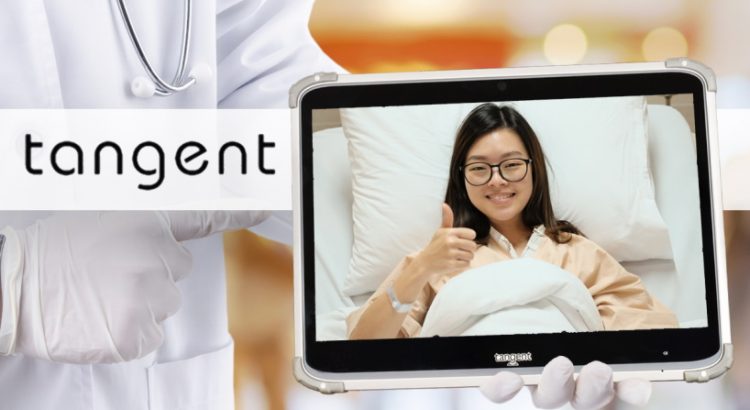
Medical Computers For Emergency Use
As flu season approaches, crafting your hospital’s plan to deal with a potential influx of patients will be crucial to the wellbeing of your community. The combination of the ongoing pandemic and the encroaching flu season, as well as a swelling fire season in the west may combine to cause an uneasy strain on your […]
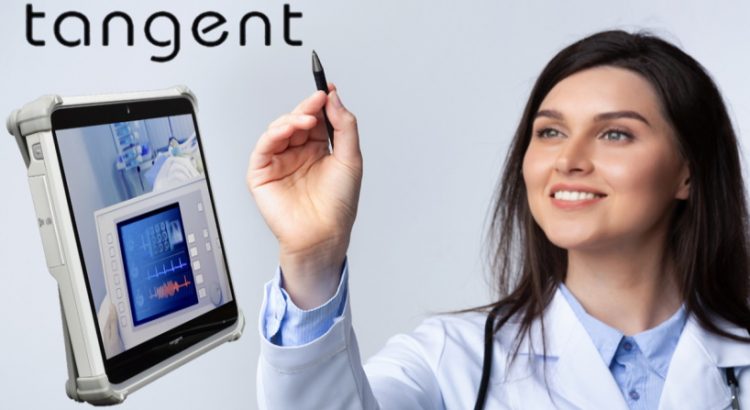
Are Pandemic Waivers For Telehealth Still In Effect?
Near the beginning of this pandemic, bold actions by the federal government, health insurance companies, and hospitals led to loosening restrictions and greater access to telehealth services. What transpired was a new telehealth ecosystem that saw dramatic increases in the use of medical computers by doctors to have virtual appointments with patients. The rise in […]
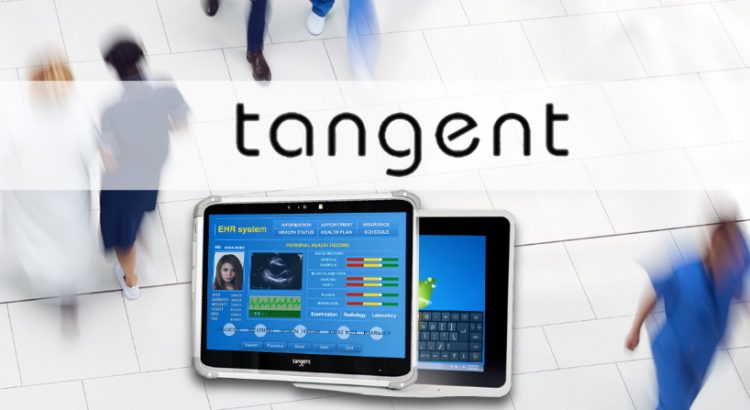
Antimicrobial Medical Computers For Hospital Use
As the pandemic surges forward into the fall, keeping hospitals safe will become increasingly difficult. The world is nearing 30 million confirmed cases and 1 million resultant deaths, two harrowing figures. With flu season nearing, these numbers are expected to increase as the two viruses mingle. How can hospitals keep safe during these times? Antimicrobial […]
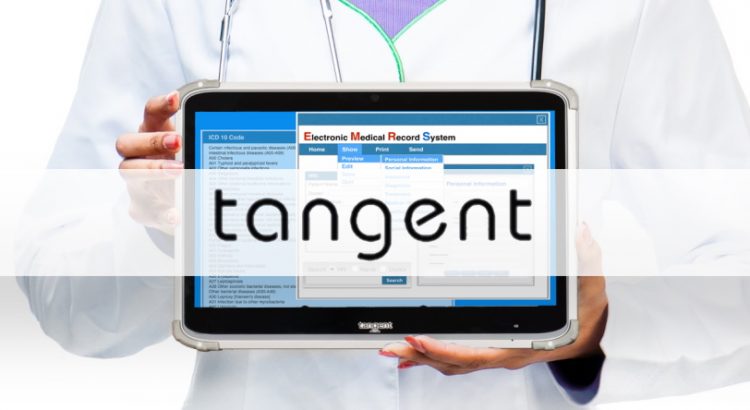
Medical Grade Computers Built For Quality Care Telemedicine
Telehealth has become a lifeline for doctors and patients seeking to establish some sense of normality during these trying times. While telehealth has been around long before the pandemic began, it’s use has skyrocketed. According to GlobalData, 79% of medical specialists said they were now using telemedicine in their hospital setting, setting a trend of […]

Good Sitting Posture At Your Medical Computer
As the pandemic continues on, your doctors are no doubt making more use of their medical computers for telehealth purposes. Loosening restrictions by the federal government have made implementing telehealth solutions in the hospital easier and safer than ever. But as a consequence of this, doctors are spending more time sitting down at their medical […]

Medical Computers For First Responders
We all know of the ongoing pandemic that is currently scarring the nation, but as the pandemic continues on so does the progression of seasons. We are seeing earlier starts to both fire seasons in states like California and Hurricane season on the Atlantic coast. California is currently battling multiple large fires, two of which […]
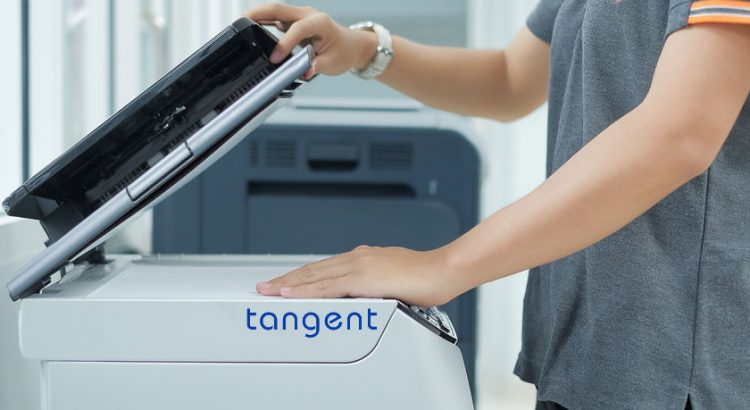
Why Hospitals Rely On Fax Machines, And How They Can Advance With Medical Computers
If you wanted to buy something off your favorite online shop, and the only way to get your receipt was via fax, would you still buy it? Chances are you would, but forgo collecting your receipt altogether. The matter of the fact is that fax machines are (and have been) outdated for decades. But despite […]
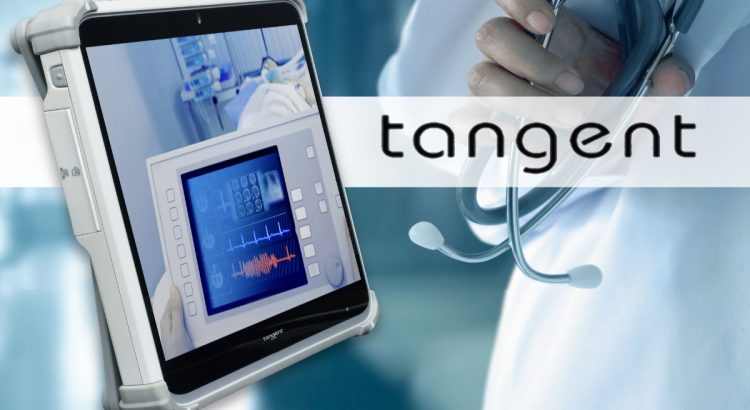
Can AI On Medical Grade Computes Make Diagnosis?
Medical computers have made hospitals a safer and more effective place for hospitals to help the patients they serve. But the revolutions made by medical computers in the hospital haven’t stopped at simply replacing paper based medical records. In fact, the possibilities that medical computers bring to the hospital have only just begun. Medical Computers […]
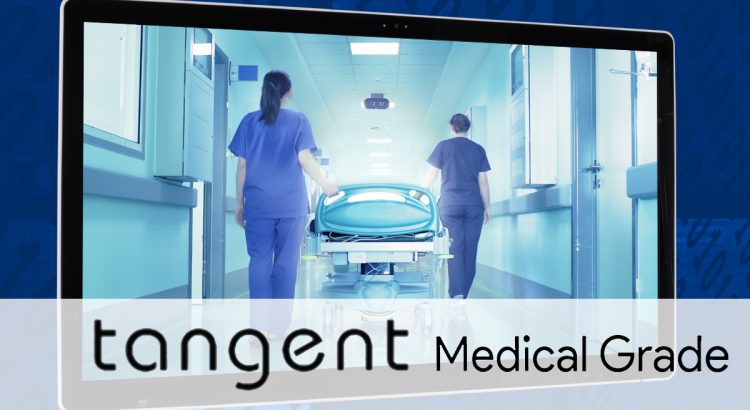
What Is Remote Monitoring On Medical Computers?
There is a lot of talk about telehealth these days, and while it has been a vital tool during this pandemic, there have been other medical computer-based solutions that have been overlooked. One such solution is remote monitoring via medical computers, which can help hospitals continue to treat patients without putting them in harm’s way. […]
